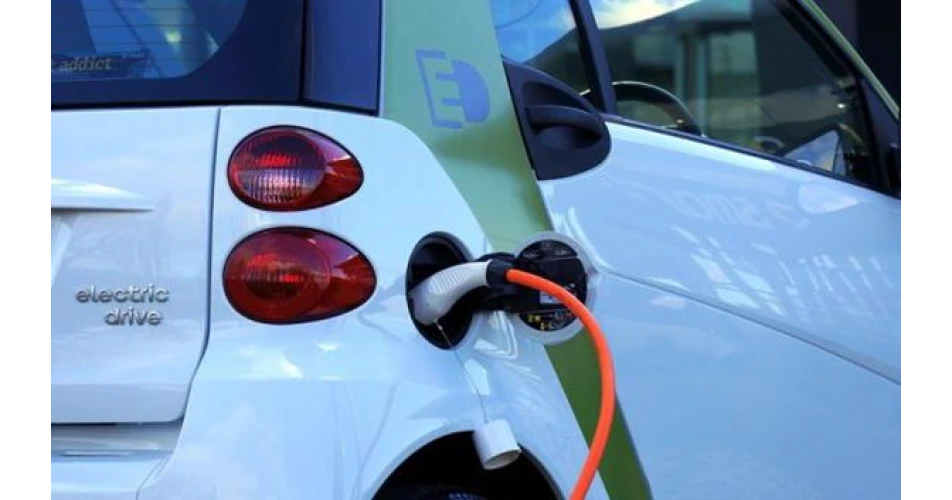One of the main selling points of electric vehicles is that long term, they will be more economical for the driver, because of reduced servicing costs, but mainly because of savings on fuel. With governments now pushing hard to get drivers to switch to electric, they are also realising that this fuel saving, combined with lower EV duties, will have major implication for their tax revenues.
A report in the Sunday Times has estimated that every new electric vehicle purchased in the UK costs the government around £1,000 in lost fuel duty and vehicle tax in its first year, with the loss of fuel duty also continuing for the life time of the vehicle. With UK motorists expected to buy 175,000 electric vehicles in 2021, this will leave a £175 million shortfall in motoring related taxes, a figure that will rise year on year as EV popularity grows. Indeed with the sale of new petrol and diesel cars to be banned from 2030, Huw Merriman MP, and Chair of the Transport Committee, has estimated, “A consequence of the transition to electric vehicles is a potential £40 billion annual fiscal black hole, due to the reduction in Fuel Duty and Vehicle Excise Duty. Something will have to change.”
This has caused some observers to speculate that the shortfall will be made up by the introduction of more road tolls or, pay as you drive road pricing schemes. Another alternative would be to reverse the idea of EVs being the low tax motoring option and increase road tax and duties on these vehicles.
Currently most European fuel duty and vehicle ownership taxes, including Ireland, are based the polluter pays principle. This may have to switch to a simple user pays principle in the future. This is something that is already happening to some extent in Norway, which is the most advanced EV market in Europe. Here a new motor insurance tax is being introduced for all vehicles which equates to €0.56 per day.
Some major European cities that have introduced congestion charges have also had to change their stance on EVs. For example, in London, EV’s are currently exempt from the congestion charge, which is now £15 per day, but will have to start paying at the end of 2025.
In Ireland it is estimated that in 2019 the government took in some €6.4 billion in motoring related taxes and charges. It is a sum which they cannot afford to lose and in the long run it will be the electric vehicle owners who are likely to pick up the tab, whether through road pricing or increased road tax.
